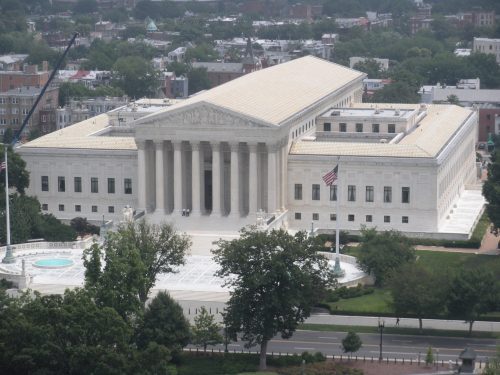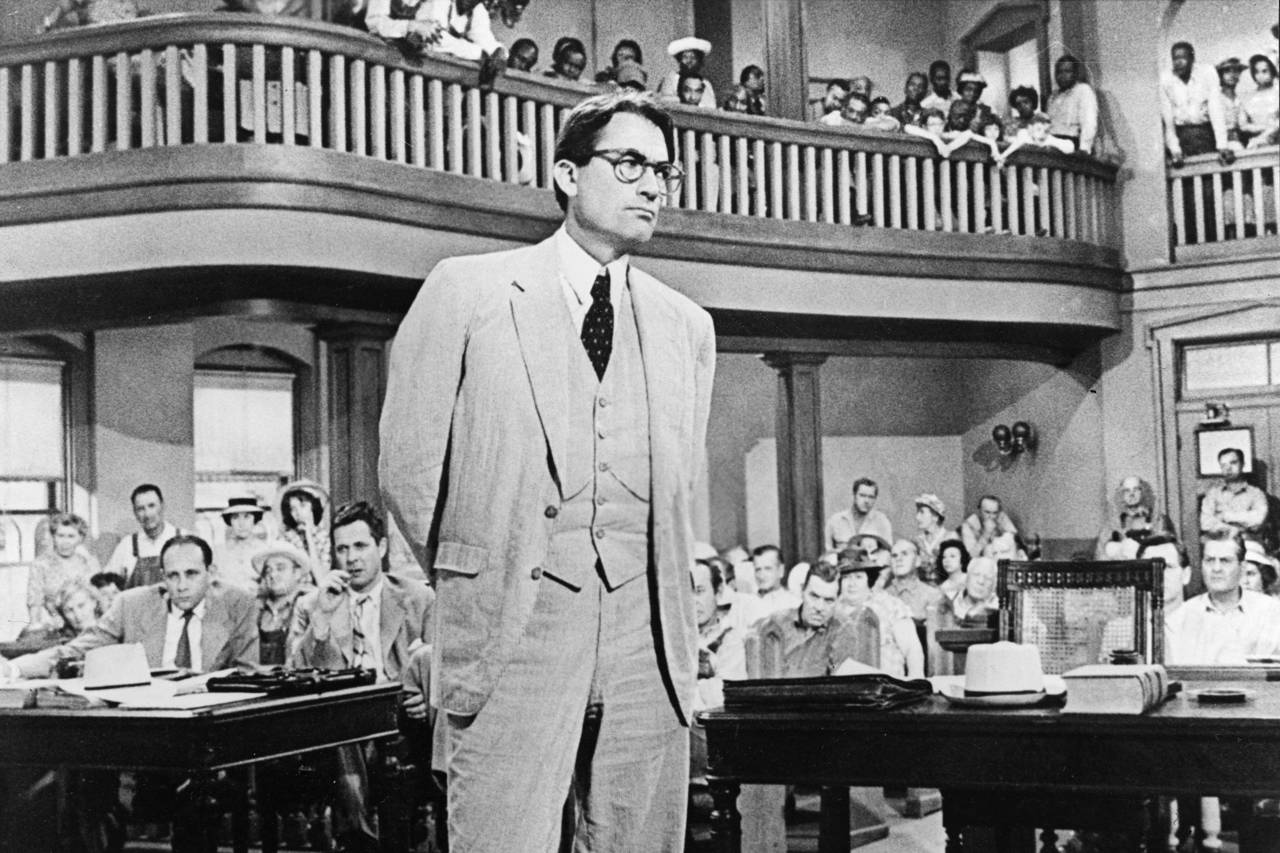
Mississippi AG Fitch was among state Attorneys General defending state authority in the Ohio-based case.
In the fall of 2022, Attorneys General across the country joined together in an 11-state coalition to fight for state authority over National Guard technicians. The case originated in Ohio between the Ohio National Guard and the Federal Labor Relations Authority (FLRA).
The issue came from the FLRA assertion of jurisdiction over dual-status National Guard technicians. In the dispute, the FLRA claimed the National Guard is an executive agency and dual-status technicians are federal civilian employees.
In May 2023, the United States Supreme Court issued a ruling in the matter.
Read the full ruling here.
The nation’s high court heard arguments in January and recently handed down their decision in favor of the FLRA. Justices in favor of the ruling were Chief Justice John Roberts, Clarence Thomas, Sonia Sotomayor, Elena Kagan, Brett Kavanaugh, and Amy Coney Barrett. Dissenting Justices included Ketanji Brown Jackson, Sameul Alito, and Neil Gorsuch.
The majority agreed that the FLRA had jurisdiction over the labor disputes based on the determination that a state National Guard acts as a federal agency. The decision cites Executive Order No. 11491 which outlines that National Guard technicians are employees of the federal government.
Opinions rendered by the Court
Justice Thomas delivered the opinion of the Court, explaining:
We concluded that petitioners are subject to the authority of the FLRA when acting in their capacities as supervisors of dual-status technicians. Each dual-status technician is an employee of the Department of the Army or Department of Air Force; those Departments are, in turn, components of the Department of Defense; and the Department of Defense is a covered agency under the Statute. Further, a designation from the Department of the Army is the sole basis for petitioners’ authority to employ dual-status technicians. Accordingly, petitioners employ federal dual status technicians pursuant to delegated federal authority and subject to federal civil-service requirements. The Statute also explicitly incorporates prior practice, including the decision in Thompson Field, which further reinforces our conclusion. The judgement of the Sixth Circuit is affirmed.
The dissent, written by Justice Alito and Justice Gorsuch, opined that the argument is flawed at the foundation because it misreads the current code section. Those in dissent argue that the Thompson Field case, which largely influenced their ruling, was one single administrative decision.
Consequently, a single administrative decision by an Assistant Secretary that does not even ad- dress the particular argument petitioners raise in this case offers no reason to resist the conclusion that the Ohio Adjutant General’s Department is plainly not a federal agency.
The issue went to the U.S. Supreme Court after the Sixth Circuit Court of Appeals originally affirmed the FLRA’s position.
RELATED: AG Fitch leads coalition to defend authority of states over national guard units
The coalition of states was led by Mississippi’s Attorney General Lynn Fitch. The coalition filed a merits-stage amicus brief to the U.S. Supreme Court. The brief showed favor in a suit between the Ohio National Guard and FLRA, which enforced collective bargaining for Ohio’s Guard technicians.
In the case The Ohio Adjutant General’s Department v Federal Labor Relations Authority, the Ohio National Guard claimed that it was not bound by an expired collective bargaining agreement with the American Federation of Government Employees Local 3970, AFL-CIO, which had represented National Guard technicians.
“As has been the case with so many of the careful balances the Founding Fathers laid out in our Constitution, the federal government has been slowly tipping the scales in its own favor,” said Attorney General Fitch at the time the appeal was filed. “With this brief, we take a stand against this continued erosion of the checks and balances that keep us both free and secure.”
Fitch’s office has not commented on the recent ruling by the U.S. Supreme Court in this matter.











